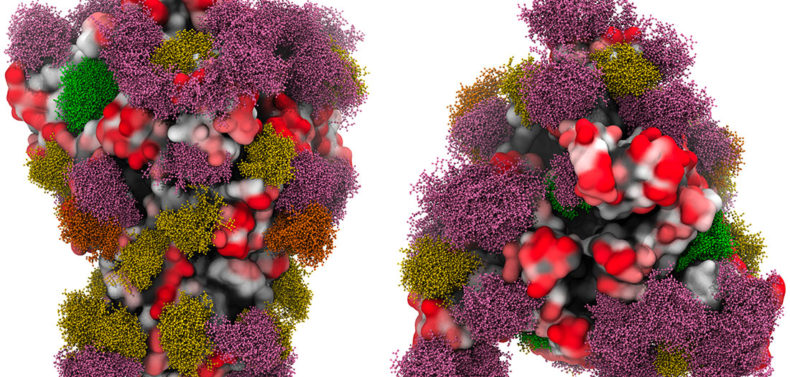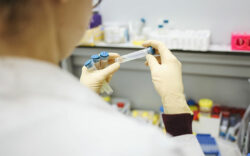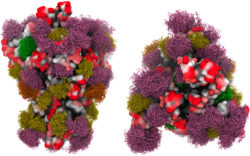While new COVID-19 cases for Clarke County remain low, there was a slight increase in new cases and hospitalizations last week. Athens residents had 61 confirmed cases last week, compared to just 33 for the two weeks prior. To date, 26,173 Athens residents have tested positive for coronavirus.
The seven-day moving average increased last week to 5.5, compared to 1.1 on Mar. 25 However, the higher numbers could be at least partially explained by a testing company’s data dump on Mar. 30, when 13 cases were reported locally.
Sixteen Athens residents were hospitalized for COVID-19 last week, bringing the total to 1,164 Athenians hospitalized to date. For the region, COVID-19 hospitalizations remain relatively low. As of Apr. 1, nine patients in the region, or 1.5% of all patients, are hospitalized with the virus. ICU bed space remained the same this week, at 81% capacity and 57 patients in the ICU.
While deaths have slowed in recent weeks, one Clarke County resident died of COVID-19 last week. In the two previous weeks, five Clarke County residents died from the virus. Since the beginning of the pandemic, at least 215 Athens residents have died of COVID-19, according to Georgia Department of Public Health data.
Wastewater data continues to provide more detailed insight into viral levels for the community. According to UGA professor Erin Lipp’s wastewater lab data report for the week, viral levels remained similar to the previous week, but levels at the three wastewater plants varied compared to the previous week, when numbers were highest at the Eastside plant. This week, the lab data showed that levels at the Eastside plant, referred to as Water Reclamation Facility C, declined slightly but increased at both WRF A, which processes waste from UGA, downtown and northern Athens, and WRF B, which serves the area west of Milledge Avenue.
Vaccination rates slowed again this week, with just 74 new first doses and 81 second doses administered to Athens residents. To date, 66,381 residents, or 53%, have received at least one dose of the vaccine and 61,741 residents, or 49%, have been fully vaccinated. About 49% of fully vaccinated residents have received a booster shot. Fourth shots are now available for people ages 65 and up.
At UGA, for the week of Mar. 21, there were 55 vaccine doses administered, with 33,593 doses administered in all and an additional 5,833 booster doses administered to date. Surveillance testing decreased to just 173 tests for the week, compared to 262 tests the previous week. There were 13 positive cases self-reported through the DawgCheck app.
President Biden’s new COVID-19 “test-to-treat” program, which facilitates testing and antiviral treatment as a one-stop shop at pharmacies across the country, has been slow to get up and running. However, a new website released last week, COVID.gov, provides an easy way to find antiviral treatment or “test-to-treat” locations in the area. As of Apr. 1, just one local pharmacy—the Kroger on Highway 29—offers the new program.
An opinion piece in the New York Times, written by scientists who study how viruses evolve and complete with detailed graphic explainers, was of particular note to many in the scientific community last week. The authors “expect SARS-CoV-2 will continue to cause new epidemics, but they will increasingly be driven by the ability to skirt the immune system. In this sense, the future may look something like the seasonal flu, where new variants cause waves of cases each year. If this happens, which we expect it will, vaccines may need to be updated regularly similar to the flu vaccines unless we develop broader variant-proof vaccines.
“And of course, how much all this matters for public health depends on how sick the virus makes us,” the authors contend. “That is the hardest prediction to make, because evolution selects for viruses that spread well, and whether that makes disease severity go up or down is mostly a matter of luck… Updated or improved vaccines and other measures that slow transmission remain our best strategies for handling an uncertain evolutionary future.”
Like what you just read? Support Flagpole by making a donation today. Every dollar you give helps fund our ongoing mission to provide Athens with quality, independent journalism.










